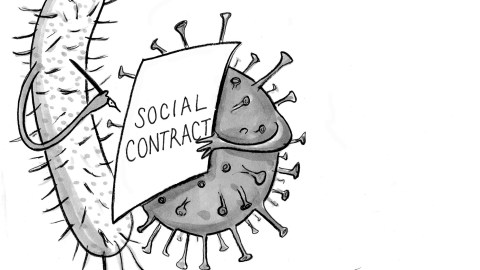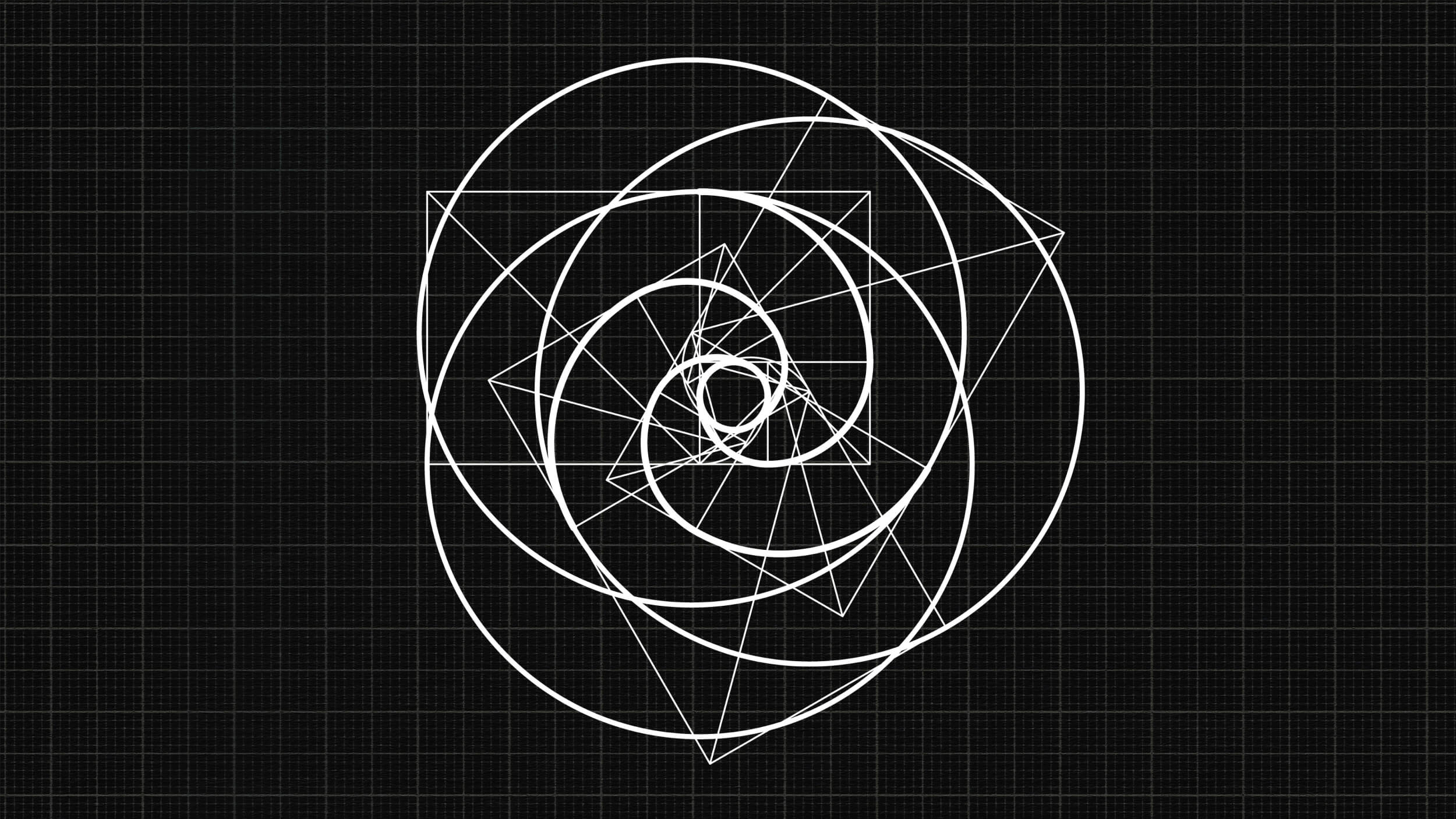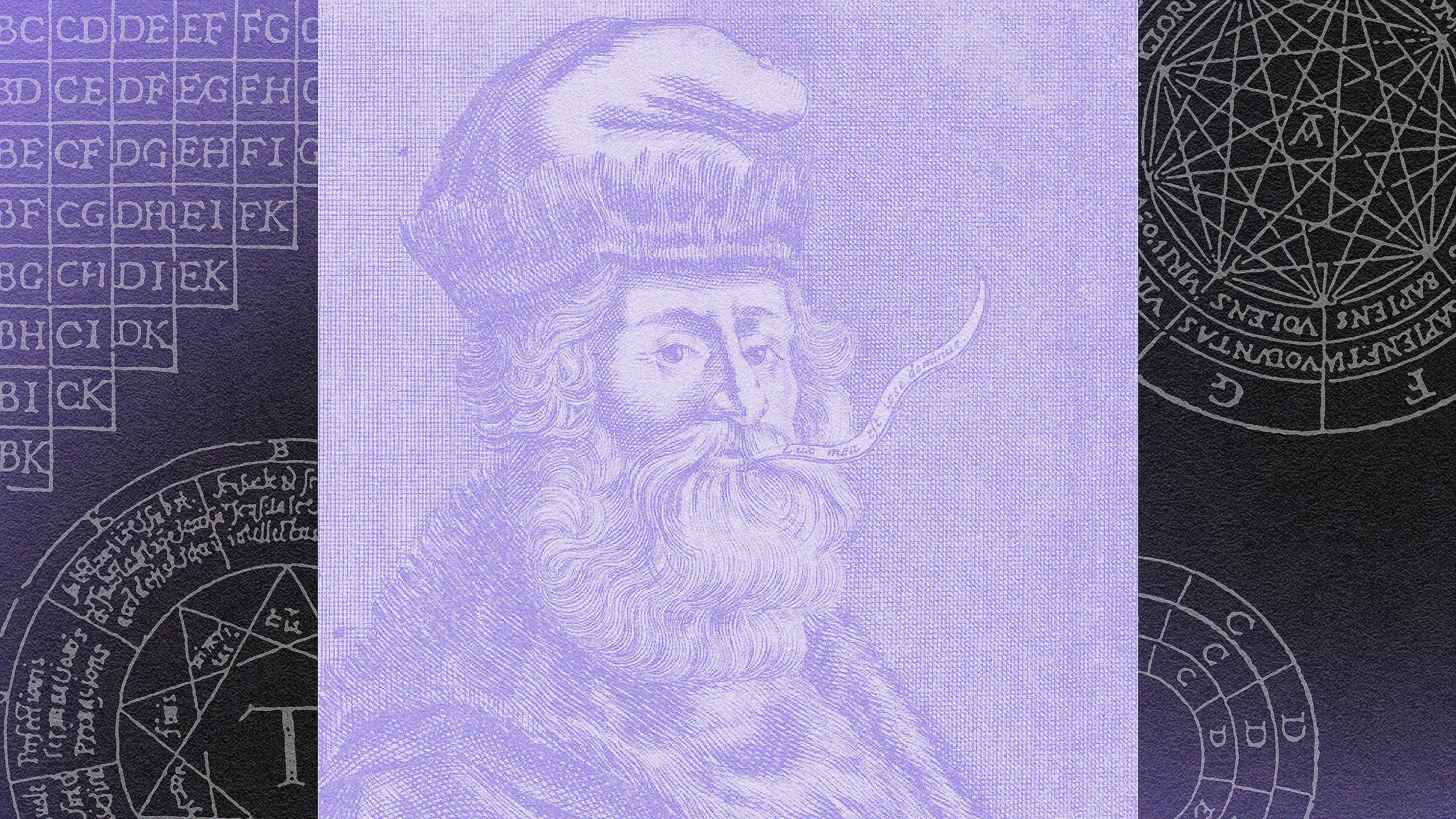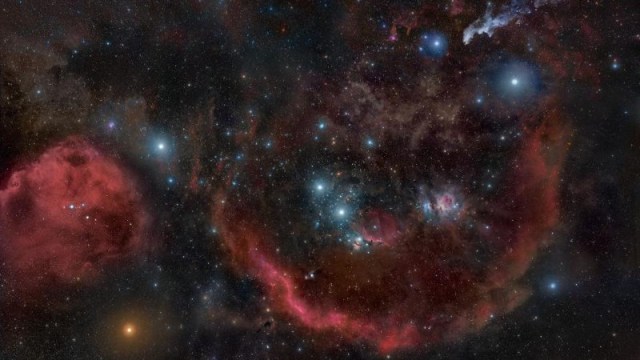Here’s Why Evolution Can Be “Survival of the Friendliest”

1. Life’s games are not all “red in tooth and claw” fights. And you need no brain to see that a “war of all against all” might not be the best way. Even single-celled bacteria “know” that.
2. In “Survival of the Friendliest” Kelly Clancy describes the evolutionary logic of relationships beyond rivalry (e.g, “friendships” deep enough to defend common interests, sometimes a “snuggle for survival”).
3. For instance, ~98% of bacterial species don’t thrive outside mixed-species colonies.
4. “Bacteria are not self-sufficient: They’ve co-evolved to depend on each other.” They’ve discovered division of labor, specialization, and cooperation.
5. That specialization is a game-changer. You now need co-workers. If they don’t thrive, you don’t. You’re in a collective extended “survival vehicle” relationship.
6. In a kind of no-brainer biochemical “social contract,” bacterial colonies, like human communities, have to handle the “common good” (suppressing cheating, free-riding, the “tragedy of the commons,” etc).
7. For instance, “helper” species that “provide a common good… may come to be shielded from competition by the species that rely on them, as happens with corals” (not protecting common goods can lower your fitness).
8. Such interdependent survival logic pervades biology (e.g., all “selfish genes,” all trees, all animals).
9. Humans are also deeply “self-deficient” (likely the most common-goods-needing and other-dependent species ever). We dominate because we’re the best cooperators (Yuval Harari).
10. This is a case of what Daniel Dennett calls “free-floating rationales”: logic patterns that are inherent in situations but aren’t contained in (or “known” to) the elements or players involved (they’re free-floating, distributed, relational, systemic).
11. Evolution is itself a free-floating logic pattern (for discovering other, ever more effective logic patterns, and enacting “competence without comprehension“). And it “knows” (has mindlessly discovered) that cooperation can improve productivity (if team-threatening cheating is suppressed).
12. Evolution’s logic is like geometry’s: in both relevant patterns and results arise from the intrinsic logic of the elements involved. In geometry, it’s lines, planes, etc. In evolution it’s kinetic functions like survival, varying replication, and adaptation.
13. Evolution creates code-like “algorithms in motion” (Vikram Chandra). Logic that changes the world.
14. Unnamed natural laws (free-floating patterns) likely constrain evolution (imposing kinetic logic limits like: negative telos, Turing-inspired universal survivor, cooperation-preserving Golden Punishment Rule, and needism).
daniel-dennett-memes-101
—
Illustration by Julia Suits, The New Yorker cartoonist & author of The Extraordinary Catalog of Peculiar Inventions





